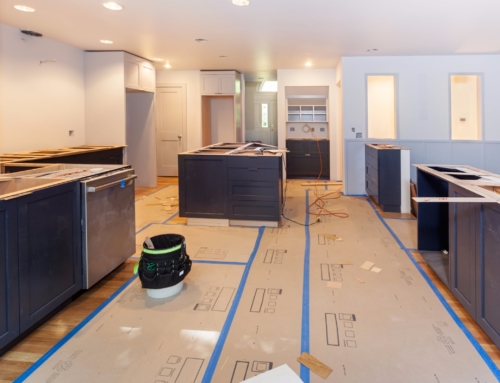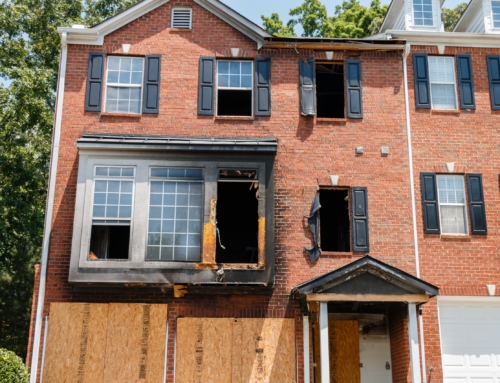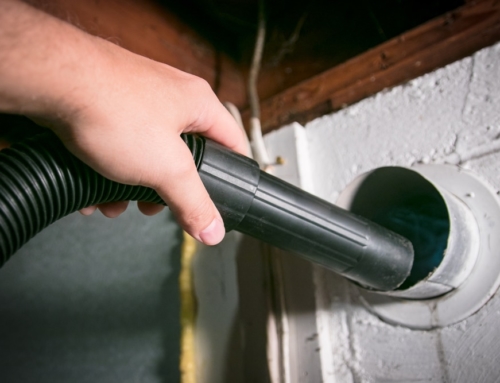Five years after completely gutting and adding onto my house, I’m almost ready to tackle another home improvement project. At the top of my list is putting in the front walkway that didn’t fit into our budget originally.
Apparently, I’m not the only one with the rehab itch. The number of people tackling home improvement projects has skyrocketed in the past decade.
According to a new study from Harvard’s Joint Center for Housing Studies, homeowners spent more than $130 billion on home improvement projects in 2003, up 7 percent from the amount spent in 2002.
“Even though mortgage rates were fluctuating in the second half of 2003, home sales – and the resulting move-in renovations – continued to be at record levels,” said Nicholas P. Retsinas, director of the Center.
The average home buyer spends between $2,500 to $10,000 after moving into the property, typically on painting, new carpeting, window treatments, appliances, and furniture.
Sometimes, homeowners spend a lot more than that, and that’s after purchasing homes that are advertised as being in move-in condition.
One New York-area home buyer is planning to spend a quarter of a million dollars to redo the tile work in all of the bathrooms in his new home, as well as add on a two-car garage and master suite above it.
But many times, families are renovating instead of buying something new. A Chicago-area family is spending in excess of $300,000 to renovate and update their home, which they’ve lived in for five years.
With so much money being spent on remodeling, homeowners need to take care that the contractors they’re hiring will do a quality job. According to the National Association for the Remodeling Industry, you should not only ask your contractor if he or she is licensed and bonded in the state (and ask to see proof of both), you might want to ask if he or she is certified by NARI.
To receive a NARI certification program, the contractor must have been working full-time in the remodeling industry for at least 5 years, and pass a comprehensive assessment exam. NARI says the preparation for the exam can take up to 16 weeks.
The certification exam looks at more than 20 remodeling task areas, including business methods and practices, building codes and construction law, planning and building site layout, and all trades skills required in remodeling a home.
While being certified might give you a level of comfort before you start your remodeling project, you should make sure that the contractor your choose hasn’t left a trail of devastation in his or her wake.
You can go online to the Better Business Bureau (bbbonline.org) and make sure no complaints have been filed. You can also call state agency that licenses contractors to check for complaints (you may be able to do this online as well).
But the best way to check if the contractor you’re about to hire is worth the cash you’ll be paying, is to talk to his or her clients. Ask to visit three jobs that the contractor recently finished. Talk to the homeowners about whether the contractor did a good job, was neat and clean, did the job on time and on budget, and if he or she was pleasant to work with day in and day out.
More often than you’d imagine, a homeowner has an unpleasant experience, but then gives the contractor a good recommendation. Make sure you ask the homeowner what he or she didn’t like about the experience.
As for the future of home improvement? Expect long lines at Menards, Home Depot and Lowe’s Home Improvement stores.
Kermit Baker, director of the Remodeling Futures Program for the Joint Center, says the improving economy means even more money will be spent remodeling and improving our homes this year.
Jan. 16, 2004.






Leave A Comment